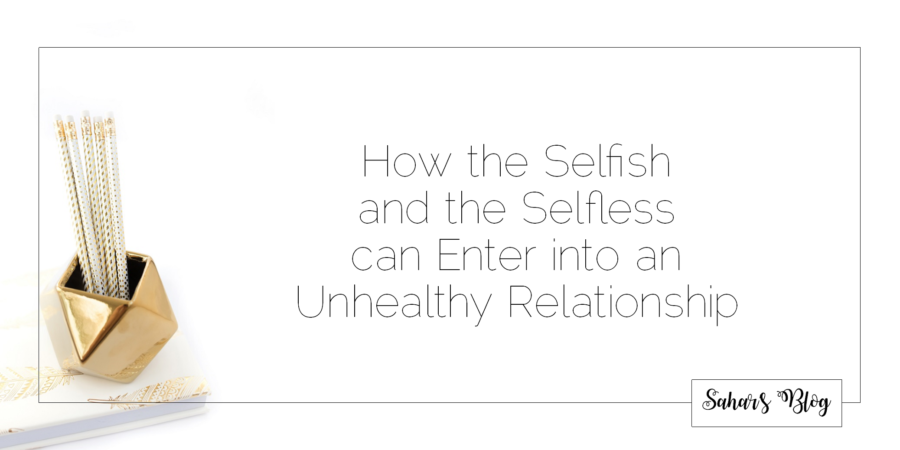I mentioned before that there are probably more good people in this world than bad ones. This is a completely unscientific statement, but I wouldn’t be surprise if a survey determined that, indeed, more people are prone to performing a kind deed rather than a bad one. How, then, can’t this majority of good people make for more positive headlines in the news?
Life of Acts of Service versus Life of Service
What if this is due in part to us being stuck in a life of acts of service? Although it’s always good to open the door for someone, to bring food over to someone who is sick, to call someone who is lonely, etc., it clearly isn’t enough to create a better world, else we would have already created heaven on earth.
It brings to mind the idea of weaving a pattern of community life; much like yarn, by itself, cannot keep us warm until is it woven into a blanket, good deeds might not be able to transform the world into a better place until they are woven together into a pattern of service. So a life of service can start with random acts of service but should coalesce into a systematic, organic pattern; in other words, a life of service includes but isn’t limited to acts of service.
Selfishness’ Role
This feels like a concept even more important to grasp since we live at a time when selfishness abounds; those of us actively trying to live a life of service can get caught in the orbit of other people’s selfishness, however subconsciously. Perhaps the best defense is to remain mindful of the patterns that govern our relationships. Are we accepting to perform an act of service because we have assessed that it is the best way to live a life of service? Can we do something instead about changing the general situation of the world rather than being caught in performing this specific act of service again and again?
Mindful Service
Mindfulness can be quite painful after a period of mindlessness. It often feels like when an offer to help has been consistently made in the past, it will continue to be made in the future—i.e. if you say yes to helping someone before, you will say yes again in the future. It also feels like saying yes often opens the doors to be asked for more; and sometimes, we can be faced with the nasty shock of supposed “friends” becomes quite angry when we have to say no. So changing from mindlessly performing acts of service we are asked to do to mindfully learning to weave these acts into a life of service will not be easy; the only thing I can think of for now that can come in handy it to remember that acts of service are not going to contribute to the betterment of the world, and that hopefully initial difficulties encountered will lead the way to a transformational process for all those involved.
Further Thoughts
In a funny twist on an interesting day that started with the blue screen of death, a friend of mine sent me this article on empaths and narcissists in which I found elements similar to what I am touching on in this post. Gotta love coincidences! Or maybe she has a camera trained on me, or has hacked my laptop. Who knows, really.


I think there is a difference between ‘service’ and ‘servitude’. It is best for all of us to live lives of service but if we realise some of this is any form of servitude we need to stop. We owe servitude only to God (and our children when they are little and needy 🙂 ) . Other than that we are equals and our service should be offered, and accepted, as a healthy reciprocal arrangement. We don’t always have to have exactly like for like to establish reciprocity when we offer service but the reciprocity necessarily must be present in some way otherwise the relationship is not equal.
This brings to mind a concept of psychology that says we are more likely to do something when we define ourselves by it – e.g. by saying “I am a volunteer” instead of “I want to volunteer” or “I plan to volunteer.”